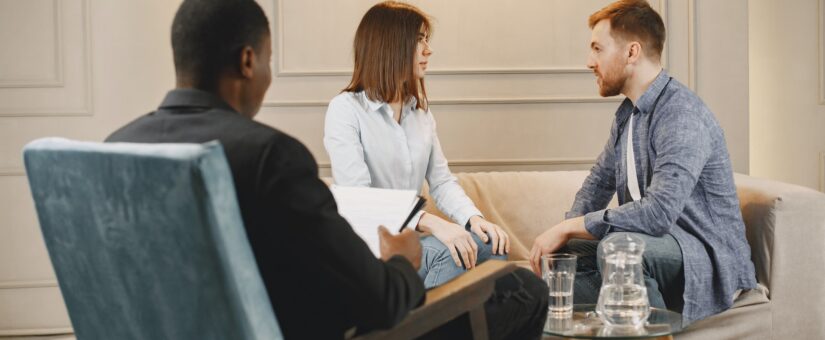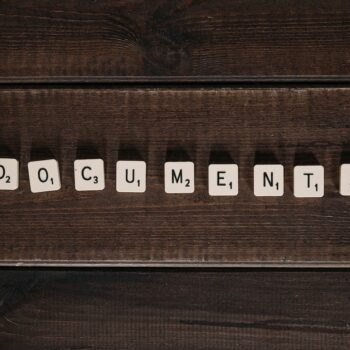
The Significance of Attorney-Client Privilege Review
Attorney-client privilege is among the most important features of the relationship between lawyers and clients. It allows free and open communication about legal matters. The U.S. Supreme Court recognized the importance of this privilege in a 1981 decision, Upjohn Co. v. United States, finding that “sound legal advice or advocacy serves public ends and that…[this] depends upon the lawyer’s being fully informed by the client.” Both lawyers and clients must be careful to maintain confidentiality and avoid anything that might resemble a waiver of privilege. During the discovery process, attorney-client privilege review prevents the accidental release of confidential communications to an opposing party.
What Is Attorney-Client Privilege?
The attorney-client privilege protects communications between lawyers and their clients that relate to ongoing legal matters and general legal advice. It is a defense for the client to a demand for their communications, such as in discovery requests or during a deposition.
The privilege only applies to communications that the parties intend to be confidential. They must make reasonable efforts to keep privileged communications private. A conversation held in public, for example, might not be privileged if others can easily overhear it. Emails and letters kept behind passwords or locked doors are privileged, provided they are directly related to an attorney’s legal representation.
When Is Privilege Review Necessary?
Privilege review is necessary to avoid inadvertent disclosure of privileged communications during the discovery process. Responding to discovery often involves massive amounts of material. The burden falls on the party producing discovery responses, and their attorneys, to review everything for relevance and privilege. Attorneys with knowledge of the legal matter at hand must review every item included in the discovery response to determine whether the attorney-client privilege applies to any of it.
What Happens If I Accidentally Give Privileged Material to an Opposing Party?
Accidental disclosure of privileged material does not automatically mean that a party has waived attorney-client privilege. Rule 502(b) of the Federal Rules of Evidence makes an exception for “inadvertent disclosure.” Rule 26(b)(5)(B) of the Federal Rules of Civil Procedure allows recovery of privileged materials from an opposing party after an inadvertent disclosure. Anything the opposing party learns from seeing the privileged materials in the meantime, however, could affect their claims or defenses in the case.
Learn More
Baer Reed helps law firms and in-house counsel handle attorney-client privilege review and other aspects of the litigation process. Contact us today to learn more.
- On February 14, 2023
- Back to post list



 Mr. Reyes graduated with honors from the Ateneo de Manila University, where he received the Procter and Gamble Student Excellence Award. He obtained his Juris Doctor degree from the Ateneo de Manila School of Law. During law school, Mr. Reyes was part of the Philippine delegation to the Willem C. Vis International Commercial Arbitration Moot held in Vienna, Austria. He was also a member of the Ateneo Society of International Law and the St. Thomas More Debate Society. He completed his internship at the Public Attorney’s Office. He wrote a thesis entitled: “To Kill A White Elephant: An Analysis of the Fiduciary Exception to the Corporate Attorney-Client Privilege”. Mr. Reyes is admitted to practice law in the Philippines and the State of New York.
Mr. Reyes graduated with honors from the Ateneo de Manila University, where he received the Procter and Gamble Student Excellence Award. He obtained his Juris Doctor degree from the Ateneo de Manila School of Law. During law school, Mr. Reyes was part of the Philippine delegation to the Willem C. Vis International Commercial Arbitration Moot held in Vienna, Austria. He was also a member of the Ateneo Society of International Law and the St. Thomas More Debate Society. He completed his internship at the Public Attorney’s Office. He wrote a thesis entitled: “To Kill A White Elephant: An Analysis of the Fiduciary Exception to the Corporate Attorney-Client Privilege”. Mr. Reyes is admitted to practice law in the Philippines and the State of New York.







